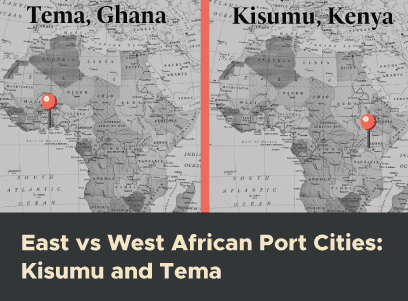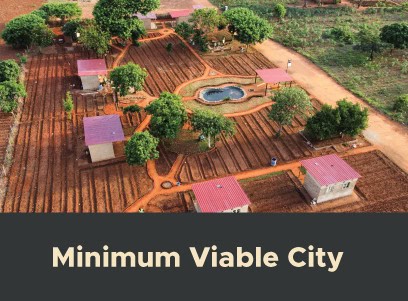
April Book Club Review
Each month the CCI team selects a new book to read and discuss together Our book club selections cover a wide range of topics that are relevant to charter cities but they are most often related to development urban issues and governance In this ongoing









